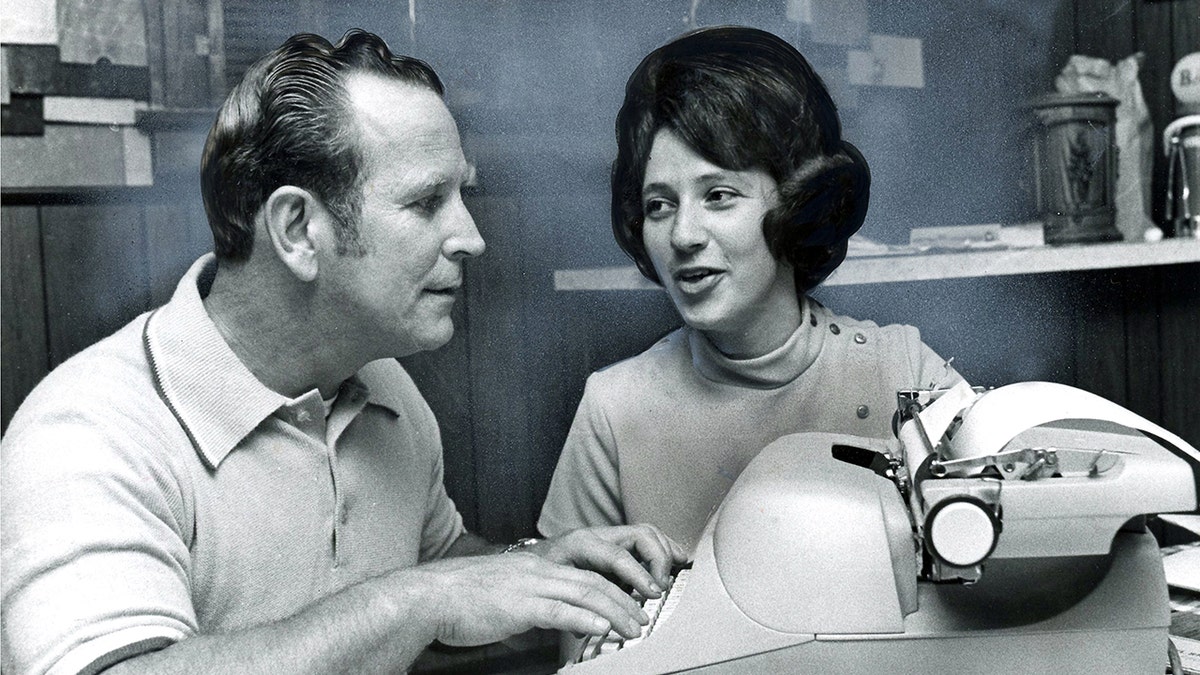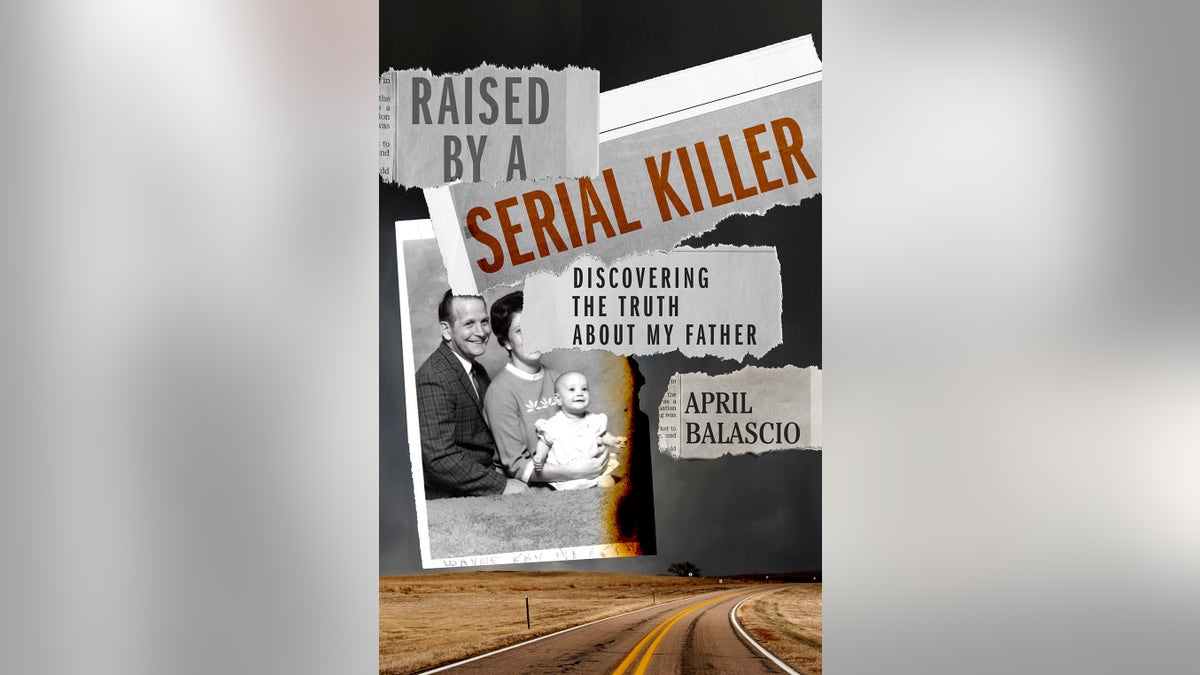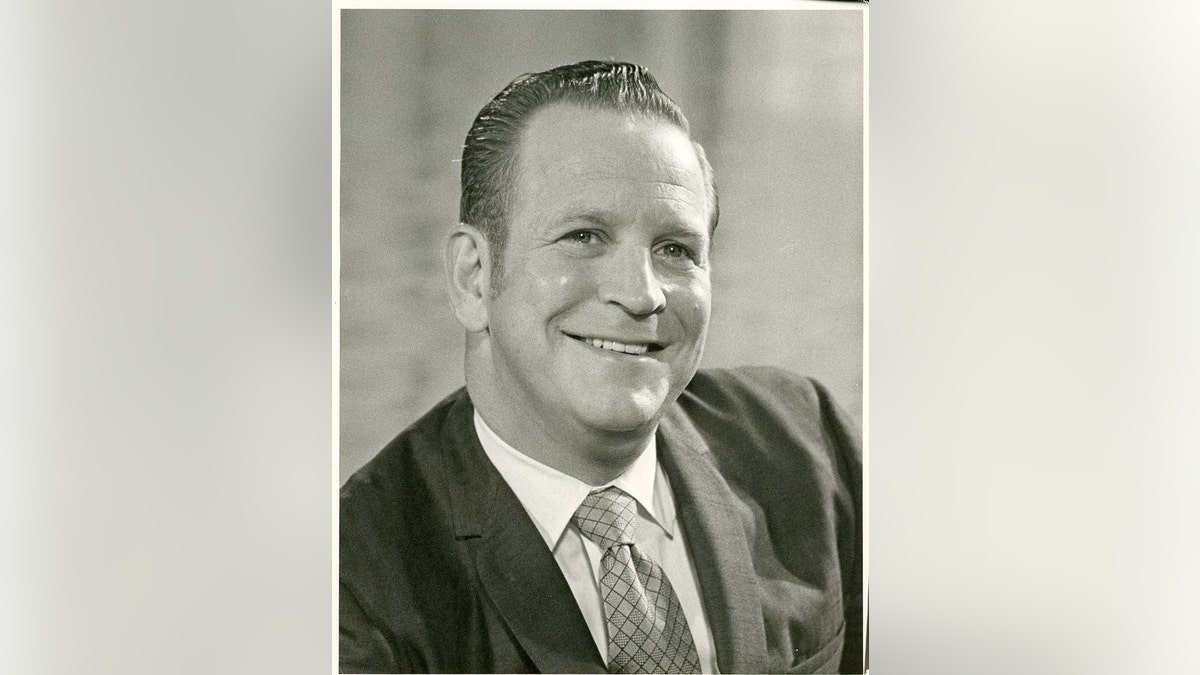In the quiet town of Watertown, Wisconsin, 11-year-old April Balascio was used to a life disrupted by frequent, unexplained moves. Her father, Edward Wayne Edwards, would abruptly announce it was time to leave, instilling a constant fear that someone was after them. Decades later, the chilling truth behind these sudden relocations would surface, revealing a dark secret that shattered Balascio's world.
Balascio's new memoir, "Raised by a Serial Killer: Discovering the Truth About My Father," chronicles the harrowing journey of uncovering her father's true identity as a murderer. The book delves into the emotional turmoil she experienced growing up with a charismatic yet abusive father, a man who enjoyed entertaining but harbored a sinister side.

April Balascio during her childhood. (Courtesy of April Balascio)
Balascio recounts her father's unpredictable temper and the constant fear she felt, never knowing what mood he would be in. She witnessed his violence firsthand, often directed at her mother. The unsettling memories of sudden departures and her father's strange fascination with crime news foreshadowed the horrifying discoveries to come.

Edward Wayne Edwards with his wife Kay on September 25, 1972. (Akron Beacon Journal/USA Today Network)
In 2009, while researching cold cases online, Balascio stumbled upon information about the "Sweetheart Murders" in Watertown. The case involved the disappearance and subsequent discovery of the bodies of teenage couple Timothy Hack and Kelly Drew in 1980. This chillingly coincided with one of her family's abrupt moves.

Cover of April Balascio's memoir. (Gallery Books)
Driven by suspicion, Balascio contacted investigators, sharing her memories and suspicions about her father's involvement. She recounted Edward's peculiar interest in the case and a chillingly accurate prediction he made about where the bodies would be found. DNA evidence ultimately linked Edwards to the crime.

Edward Wayne Edwards. (Courtesy of April Balascio)
Edwards eventually confessed to five murders, including the Sweetheart Murders, the 1977 killings of another young couple, and the murder of his foster son for insurance money. Balascio describes the profound impact of these revelations, the realization of her father's true depravity, and the complex emotions she felt upon his death in prison in 2011.

April Balascio as a child. (Courtesy of April Balascio)
Today, Balascio lives on a farm, striving for peace after a tumultuous upbringing. She has submitted her DNA to authorities, hoping to provide closure to families of other potential victims. Balascio’s story is a testament to resilience, a stark reminder that individuals are not defined by their past, and a beacon of hope for those seeking to break free from the shadows of a troubled family history.

Crime scene photo. (Michael Sears/USA Today Network)
Comments(0)
Top Comments